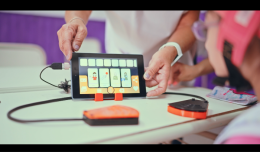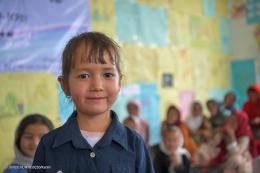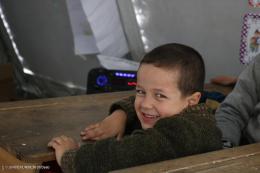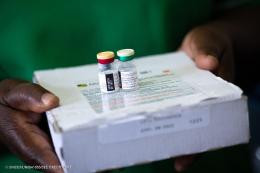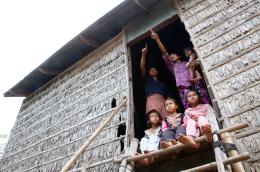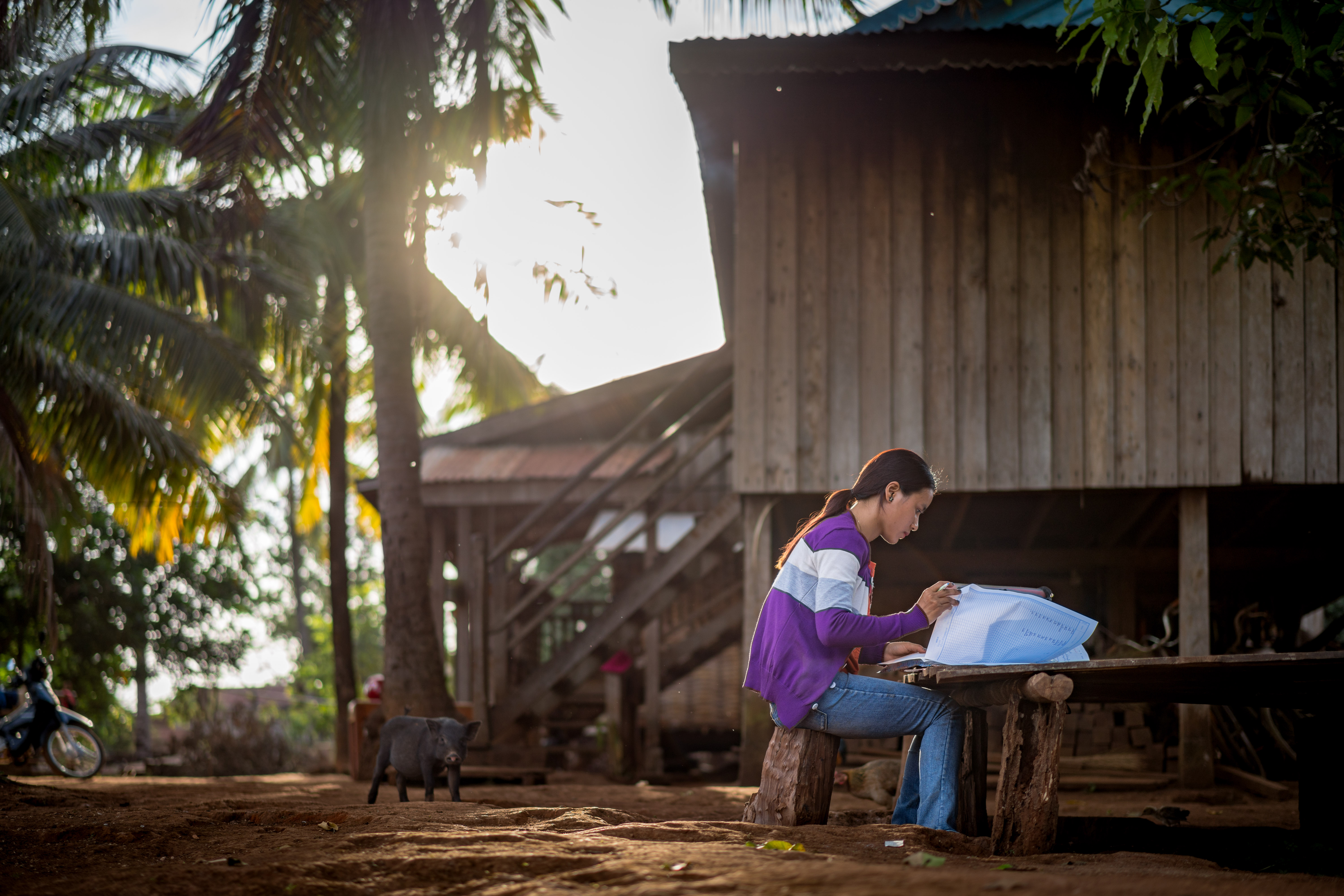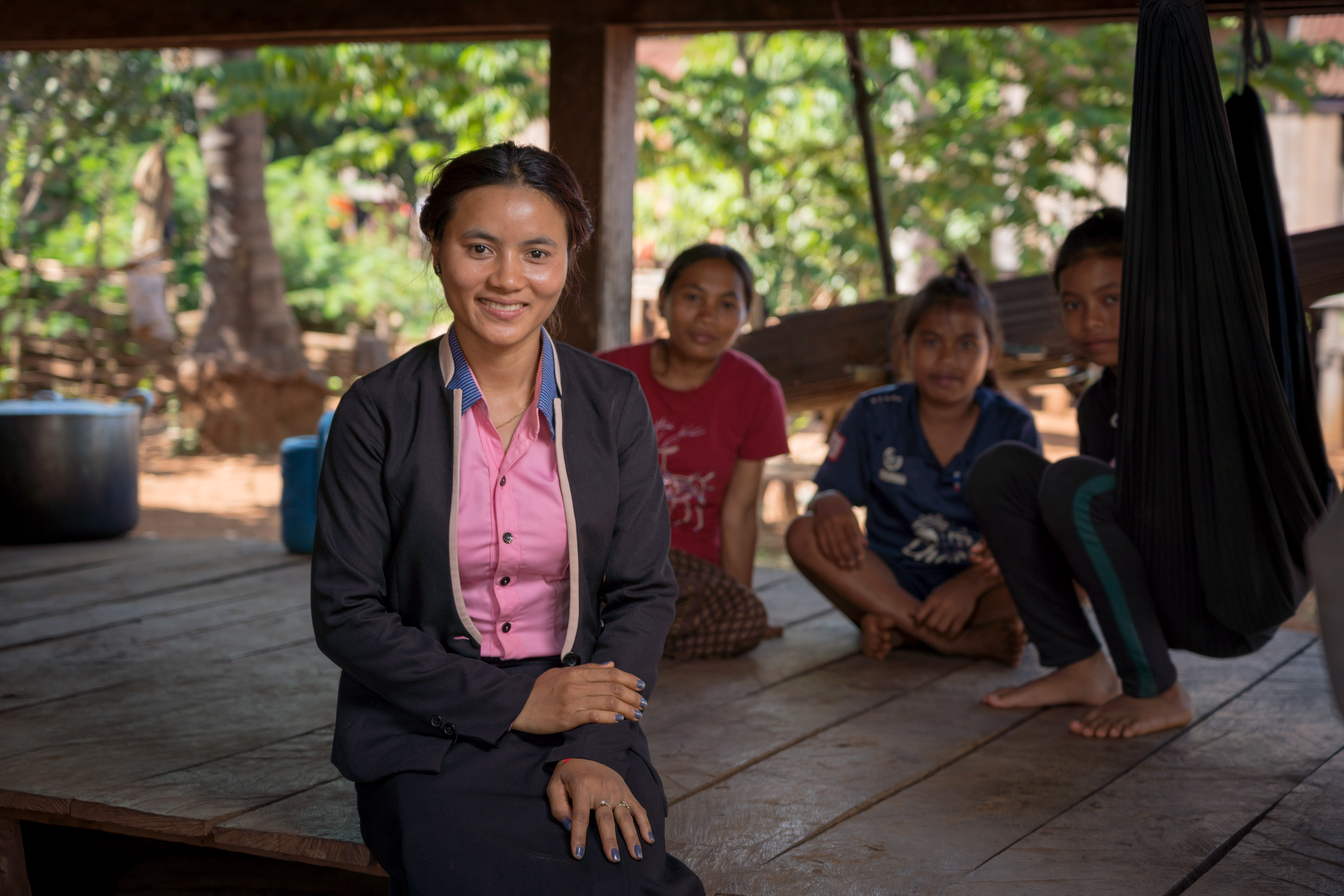
Our interactive voice response (IVR) platform has generated 847,000 mins worth of calls — showing significant cost savings (95%) compared to a similar solutions from the competition.
However, unlike Twilio, Somleng gives you complete control over where it is connected to. Somleng can connect to mobile network operators, aggregators or even your own hardware. And because Somleng’s API is an open source implementation of Twilio’s API, you can swap out Twilio for Somleng in your existing applications, seamlessly. Unlike Twilio, there’s no monthly or per-minute fees for using Somleng and all the code is Open Source and available on Github.
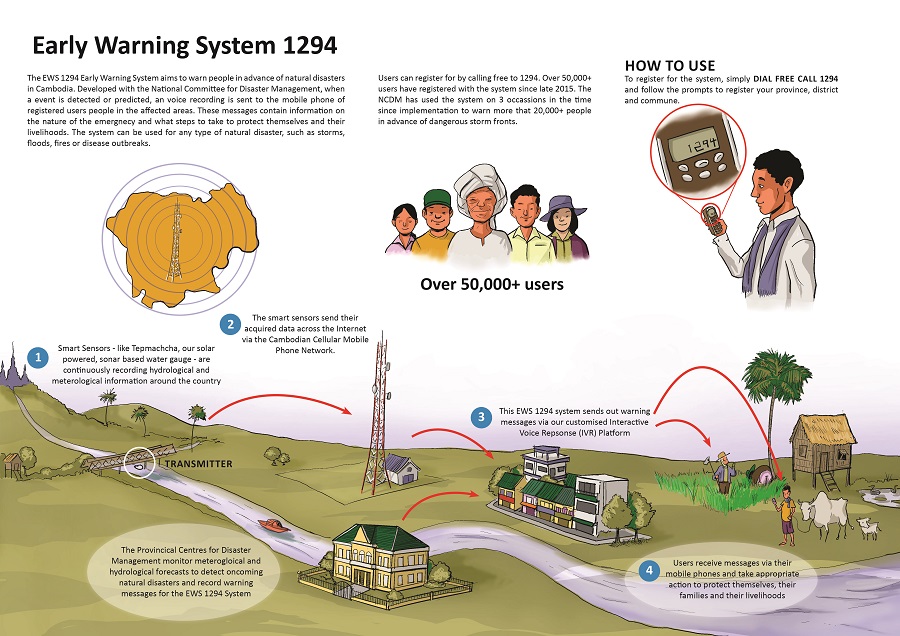
Milestones
Since the beginning of the early warning system project, Somleng has processed around 847 K minutes worth of registrations and 83.6 K minutes worth of alerts, resulting in a total cost saving of $85,353.29 (95%) if compared with Twilio.
Utilizing Somleng to support emergency cash-based assistance for Somali refugees:
The extended drought in Somalia continues to have a devastating impact across the country. Although a quick scale-up in humanitarian assistance has averted famine, much work remains to be done to ensure full recovery of livelihoods and increase resilience. To support the recovery efforts, Africa’s Voices Foundation (AVF) have started to integrate responsive programming systems such as developing a post-distribution monitoring system for delivery of cash and outcomes for beneficiaries through SMS and IVR.
Voice messages were sent to the mobile phones of programme beneficiaries so that they could understand their cash entitlement and receive instructions on how to claim it. Information was also provided on how to register feedback and complaints with the cash transfer programme via a toll-free SMS channel. This feedback system was deployed pairing UNICEF’s RapidPro SMS platform with Somleng, an open source interactive voice response (IVR) technology.Somleng has already processed around 55.7K minutes worth resulting in a total cost saving of $39,618(95%) savings compared with Twilio with the cash transfer programme focused reintegration to returnees to Somalia from the Dadaab and Dhobley refugee camps.
Related Stories

AGUA: Revolutionizing Global Collaboration for Funding Transparency (with Growth Graduate Atix Labs)
